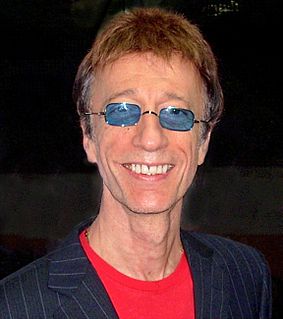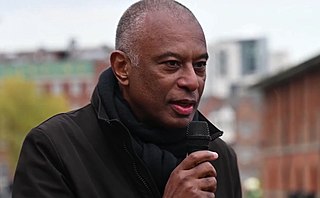A Quote by Shirley Jackson
[L]et my reader who is puzzled by my awkward explanations close his eyes for no more than two minutes, and see if he does not find himself suddenly not a compact human being at all, but only a consciousness on a sea of sound and touch . . .
Related Quotes
The wise man does nothing but what can be done openly and without falseness, nor does he do anything whereby he may involve himself in any wrong-doing, even where he may escape notice. For he is guilty in his own eyes before being so in the eyes of others; and the publicity of his crime does not bring him more shame than his own consciousness of it.
An artist is he who has his center within himself. He who lacks this must choose a particular leader and mediator outside of himself, not forever, however, but only at first. For man cannot exist without a living center, and if he does not have it within himself, he may seek it only in a human being. Only a human being and his center can stimulate and awaken that of another.
Saying that, he was suddenly himself again, despite his lunatic hair and eyes: a man whose personal dignity went so deep as to be nearly invisible... It was more than diginity. Integrity? Wholeness? Like a block of wood not carved. The infinite possibility, the unlimited and unqualified wholeness of being of the uncommitted, the nonacting, the uncarved: the being who, being nothing but himself, is everything.
Sometimes I can be walking down the street, or riding a bus, and suddenly I see somebody who remind me of somebody I know back home, and I close my eyes and find myself thinking of the sea, or the taste of grafted mango, or the smell of saltfish frying, and then I come back to myself and open my eyes and realise where I am.
Man shouldn’t be able to see his own face – there’s nothing more sinister. Nature gave him the gift of not being able to see it, and of not being able to stare into his own eyes. Only in the water of rivers and ponds could he look at his face. And the very posture he had to assume was symbolic. He had to bend over, stoop down, to commit the ignominy of beholding himself. The inventor of the mirror poisoned the human heart.
Though it was bright sunshine everyone felt suddenly cold. The only two people present who seemed to be quite at their ease were Aslan and the Witch herself. It was the oddest thing to see those two faces - the golden face and the dead-white face so close together. Not that the Witch looked Aslan exactly in his eyes; Mrs Beaver particularly noticed this.
Quotation... A writer expresses himself in words that have been used before because they give his meaning better than he can give it himself, or because they are beautiful or witty, or because he expects them to touch a cord of association in his reader, or because he wishes to show that he is learned and well read. Quotations due to the last motive are invariably ill-advised; the discerning reader detects it and is contemptuous; the undiscerning is perhaps impressed, but even then is at the same time repelled, pretentious quotations being the surest road to tedium.
The analytical writer observes the reader as he is; accordingly, he makes his calculation, sets his machine to make the appropriate effect on him. The synthetic writer constructs and creates his own reader; he does not imagine him as resting and dead, but lively and advancing toward him. He makes that which he had invented gradually take shape before the reader's eyes, or he tempts him to do the inventing for himself. He does not want to make a particular effect on him, but rather enters into a solemn relationship of innermost symphilosophy or sympoetry.
Only to the extent that someone is living out this self transcendence of human existence, is he truly human or does he become his true self. He becomes so, not by concerning himself with his self's actualization, but by forgetting himself and giving himself, overlooking himself and focusing outward.
...being human always points, and is directed, to something, or someone, other than oneself—be it meaning to fulfill or another human being to encounter. The more one forgets himself—by giving himself to a cause to serve or another person to love—the more human he is and the more he actualizes himself.... What is called self-actualization is not an attainable aim at all, for the simple reason that the more one would strive for it, the more he would miss it. In other words, self-actualization is possible only as a side-effect of self-transcendence.
For one thing is needful: that a human being should attain satisfaction with himself, whether it be by means of this or that poetry or art; only then is a human being at all tolerable to behold. Whoever is dissatisfied with himself is constantly ready for revenge, and we others will be his victims, if only by having to endure his ugly sight.



































